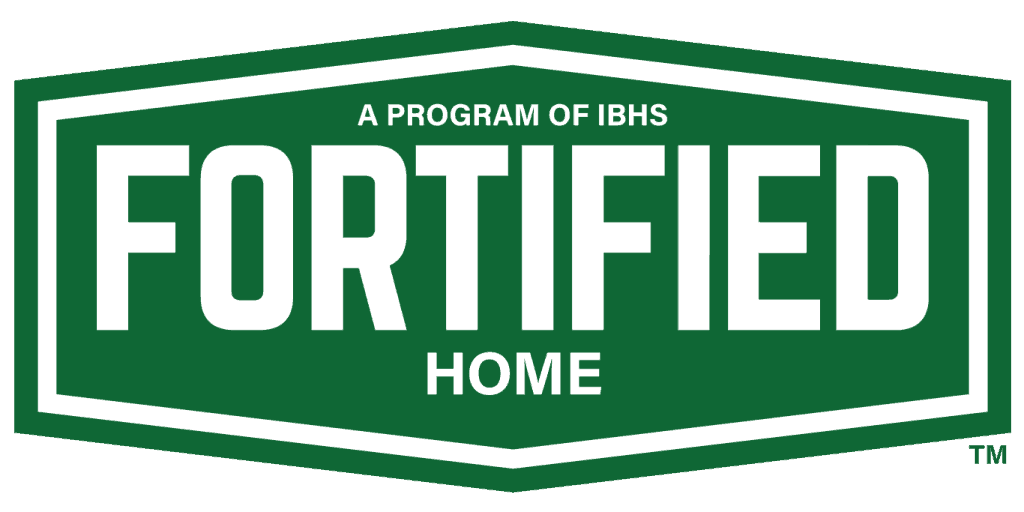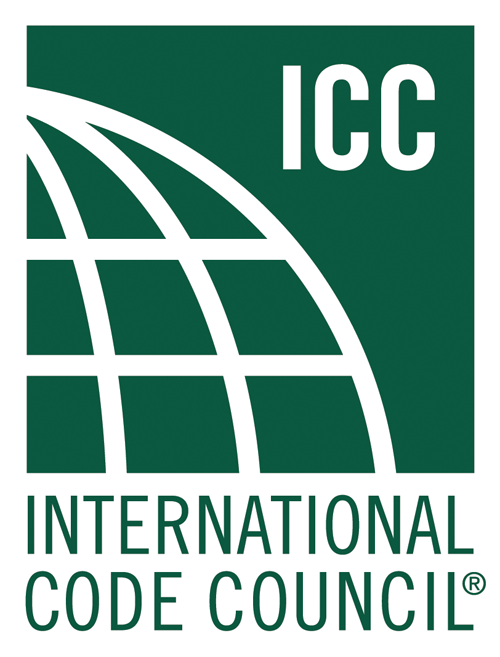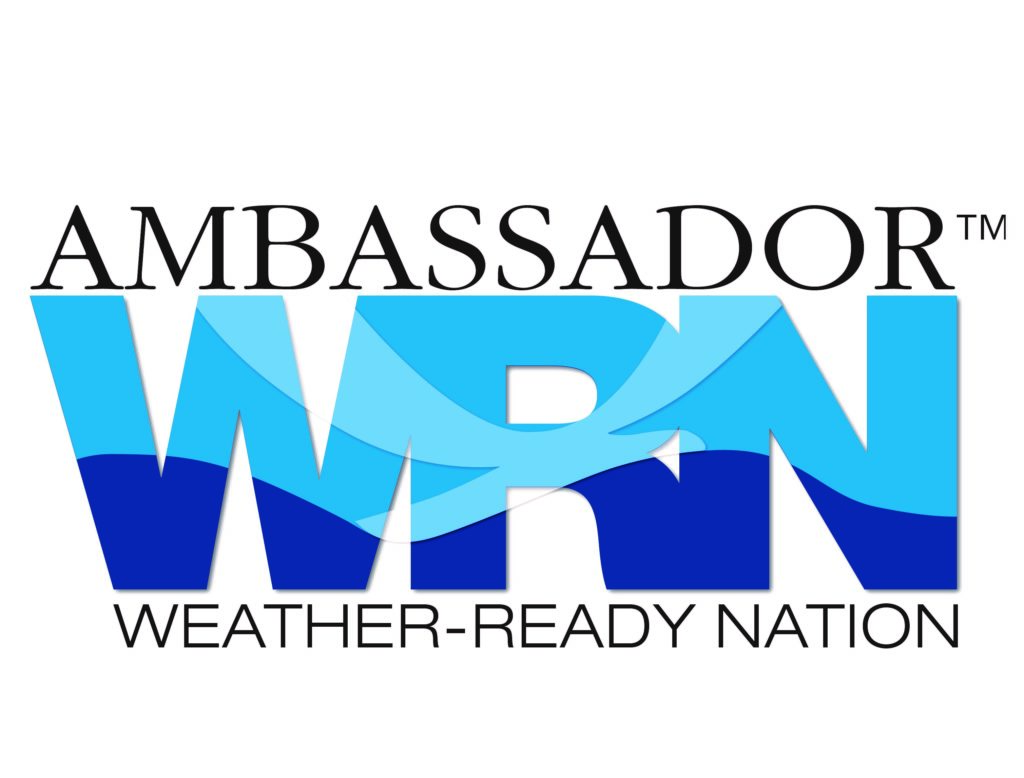
Florida, like many coastal states, is facing a major property insurance crisis. In recent years, several factors have led to skyrocketing insurance rates and an exodus of insurers from the state. This has left many homeowners in a difficult position, struggling to find affordable coverage.
One of the main drivers of the crisis is Florida’s unique climate. The state is located in the apex of the hurricane belt and is prone to other natural disasters, such as flooding and sinkholes. This makes it a very risky place to insure property.
Additionally, the Sunshine state has a history of insurance fraud. Some homeowners have filed fraudulent claims in an attempt to get money from their insurers. This has made it more difficult for insurers to stay in business.
In recent years, the state has taken some steps to address the crisis. In 2022, the Florida Legislature passed a law, Senate Bill 2D, that cracks down on insurance fraud. The law also requires insurers to offer more affordable policies to homeowners who make their homes more resilient to hurricanes, through documented efforts like those with the Insurance Institute for Business & Home Safety (IBHS)’ Fortified Home™ program.
An overview of the major factors that have contributed to Florida’s property insurance crisis:
- The frequency and severity of hurricanes. Florida has been hit by several major hurricanes in recent years, including Hurricane Irma in 2017 and Hurricane Michael in 2018. These storms caused between $67.5 and $95 billion dollars in damages, and insurers have had to pay out a lot of money in claims. In fact, according to the Florida Office of Insurance Regulation (FLOIR), insurers paid out an estimated total of $17.7 billion in claims as a result of Hurricanes Michael and Irma. This includes approximately $9.1 billion in claims for Hurricane Michael and $8.6 billion in claims for Hurricane Irma.
- The rising cost of construction. The cost of building materials has been rising in recent years, which has made it more expensive for insurers to rebuild homes that have been damaged by hurricanes. Additionally, severe supply chain disruptions have resulted in global delays in materials further impacting cost.
- Legal challenges. Insurers have faced many legal challenges in recent years, including lawsuits from homeowners who have filed fraudulent claims, which the FL Senate Bill 2D aims to mitigate. These challenges have made it more difficult for insurers to stay in business.
- Regulatory changes. The Florida Legislature has made a number of changes to the state’s insurance laws in recent years, including:
-
- Removal of Florida’s One-Way Attorney’s Fees Provision in Favor of Policyholders. This means that if a policyholder wins a lawsuit against their insurance company, they will no longer be required to pay the insurance company’s legal fees. This is intended to discourage insurance companies from denying legitimate claims.
- Effective Removal of Assignment of Benefits Under Property Insurance Claims. This means that policyholders can no longer assign their benefits to a third party, such as a law firm, without the consent of the insurance company. This is intended to prevent unscrupulous law firms from filing frivolous lawsuits against insurance companies.
- Heightened Communication Requirements for Insurers. Insurers are now required to communicate with policyholders more frequently and in a more transparent manner. They are also required to provide policyholders with more information about their claims, such as the status of their claim and the reasons for any delays.
- Shorter Claim Reporting Deadlines for Policyholders. Policyholders are now required to report claims to their insurers within 15 days of the loss, instead of 60 days. This is intended to speed up the claims process.
- Permitting Insurers to Include Mandatory Binding Arbitration in a Policy. This means that policyholders who have a dispute with their insurance company may be required to arbitrate the dispute, instead of going to court. This is intended to reduce the number of lawsuits filed against insurance companies.
- Changes to Florida’s Bad Faith Statute. The bad faith statute is a law that allows policyholders to sue their insurance companies for damages if the companies act in bad faith. The changes to the statute make it easier for policyholders to win these lawsuits.
These changes have made it more difficult for insurers to operate in Florida, which has contributed to many providers pausing on writing policies and in some cases, withdrawing from the state altogether.
What is the impact of the property insurance crisis on Florida homeowners?
Higher premiums. Homeowners in Florida have seen their insurance premiums skyrocket in recent years. In some cases, premiums have doubled or even tripled.
Difficulty finding coverage. Some homeowners have been unable to find any insurance company willing to write them a policy.
Increased risk of financial hardship. The rising cost of insurance has made it more difficult for homeowners to afford to live in Florida. Some homeowners may be forced to sell their homes or take out loans to pay their premiums.
The future of property insurance in Florida:
The future of property insurance in Florida is uncertain. The state is taking some steps to address the crisis, but it is currently unclear whether these steps will be enough. It is possible that the crisis will continue to worsen, making it even more difficult for homeowners to find affordable coverage.
In the meantime, homeowners in Florida should take steps to protect themselves, such as by investing in property mitigation efforts i.e., ensuring that their homes are FORTIFIED™ and have the appropriate construction upgrades to ensure that their property is protected during severe weather. Existing homes that are retrofitted for the FORTIFIED Home™ Roof program, are more attractive to insurance companies because they are proven to be more resilient than those that meet common building practices. Additionally, homeowners should make sure to talk to their insurance agents to ensure that they have adequate insurance coverage and that they are aware of the latest developments in the property insurance market. They should also be prepared to take legal action if they believe they have been the victim of insurance fraud.
If you believe that you are the victim of insurance fraud, please contact your insurance company immediately.
If you have questions about property mitigation contact us at 888-964-8776 ext 2 or visit GoFortified.com to take the first steps to ensuring that your property can withstand severe weather.
Sources:
-
BDO USA: https://www.bdo.com/insights/industries/insurance/the-impact-of-hurricanes-on-florida-insurance-claims-irma,-michael-and-beyond
-
Florida Department of Financial Services: https://www.myfloridacfo.com/division/ica/propertyinsurancechanges
-
Grant Thornton: https://www.grantthornton.com/insights/articles/insurance/2023/florida-insurance-regulation-creates-big-changes
-
NBC Miami: https://www.nbcmiami.com/responds/new-insurance-companies-enter-florida-market-amid-ongoing-crisis-and-regulatory-changes/3098573/
-
Office of Insurance Regulation: https://oppaga.fl.gov/ProgramSummary/ProgramDetail?programNumber=4102








